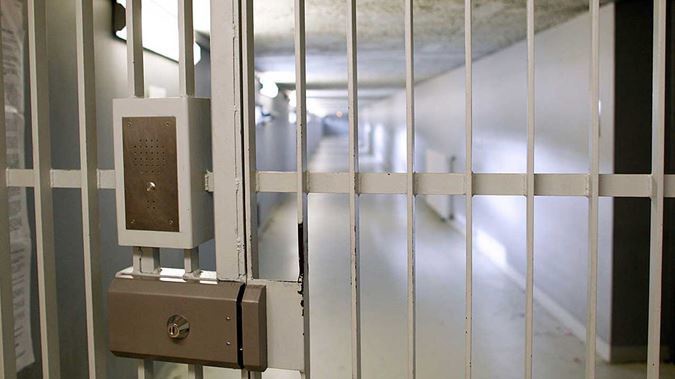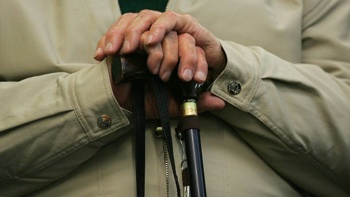
* New service to try and reduce burglars' motivation to offend, and help victims put in extra security.
*More than $1 billion over four years to build new prisons and prison beds.
*Court security to be boosted, and radical Iwi Justice Panels continued.
Almost $47 million will be spent on new services to try and cut burglary and youth offending.
Repeat victims will get support to install extra security such as window locks, security lights and bolt locks.
Budget 2017 also sets aside more than $1 billion over four years to help cope with the country's booming prison population.
- Burglary and youth offending
As part of the Government's "social investment" package, $32.9 million over four years will be spent on burglary prevention, including working with offenders to reduce their motivation to commit the crime, and better support for victims.
The initiative will target offenders under the age of 25, with yearly spending hitting $13.5 million by 2020/21.
Justice Minister Amy Adams said young burglars had a higher risk of committing more crime over the long-term, with a predicted 15,300 more burglaries and other offences over the next 30 years.
"The main focus of the initiative is on reducing the motivation to commit burglary and increasing the availability of reintegration services to better transition offenders from prison," Adams said, saying repeat victims would get support to put in security like window locks.
An extra $13.9 million over four years with try and cut youth offending through professional youth mentoring, cognitive behaviour therapy and family therapy.
The National Government has taken significant heat over burglary resolution rates that dropped below 10 per cent, with the Herald running a series of articles highlighting the issue.
- Prison population
Budget 2017 allocates $255.9 million in operating funding and $763.3 million in capital funding over four years to increase prison capacity and upgrade infrastructure.
The prison population passed 10,000 inmates last year, with the Government planning on spending billions on new prisons including at Waikeria and looking at double-bunking and reopening closed wings.
- Prisoner rehabilitation and community sentences
An extra $81.8 million of new operating funding over four years will go towards managing offenders serving sentences in the community and prisoner rehabilitation.
Corrections Minister Louise Upston said the new funding would help manage a growing number of offenders on community sentences, and support the Parole Board and judiciary to decide who should get such a sentence and what conditions should be imposed.
The high prison population would result in more demand in future.
"Probation officers use higher intensity forms of managing offenders...as well, many offenders have mental health and substance dependency issues."
Just over $30 million over four years will go on prisoner rehabilitation, allowing Corrections to expand four intervention groups - education, alcohol and drug treatments, programmes for violent offending, and reintegration support.
In addition, $30.2 million over four years will help improve the way prisoners at risk of self-harm and suicide are managed in prison.
- Courts
Court security staff will be increased using just under $12 million over four years.
And the Iwi/Community Panel pilot will continue with new funding of $5.5 million over four years.
Three pilot panels - also known as Marae justice panels - have been running in Manukau, Gisborne and Lower Hutt since July 2014, and allow participants to avoid court and criminal convictions for low-level offences.
Police steer some low-level offenders to the panels instead of court. Offenders must be adults, must admit guilt or admit the offence, and the offence must carry a maximum penalty of six months' imprisonment or less.
- Serious Fraud Office
Gets an extra $1.4 million in operating funding and $840,000 capital for an integrated case and evidence management system.
Budget 2017 also includes a $503 million package to boost police officer numbers by 880 over four years, which was announced by Prime Minister Bill English in February.
Documents related to that policy reveal growing "traditional" demand in areas such as family violence has put pressure on police and meant emerging threats such as cyber-crime have at times gone un-policed.
Less than 5 percent of fraud cases referred from the banking sector were investigated by police, the documents showed.
Take your Radio, Podcasts and Music with you









